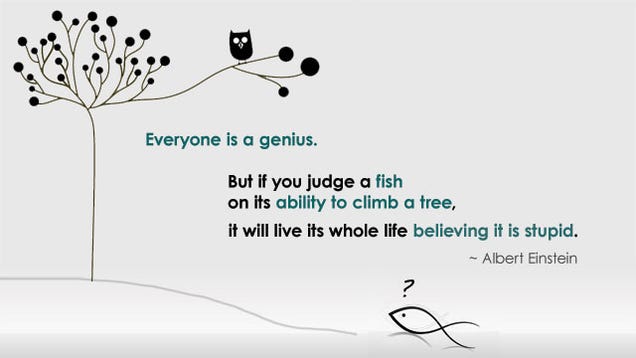
When I was thirteen years old, anxiety overtook my life. It was debilitating and I had numerous panic attacks every day. As I learned more about anxiety, I began to realize that it’s been with me my whole life, just under the surface waiting to erupt like a volcano. When I was a child, I was nervous and sensitive and I suffered from chronic health issues with no known cause. But, the more I learn about anxiety, the more I think that my ‘sicknesses’ were anxiety-related.
What is a Panic Attack?
A panic attack is an uncontrolled reaction to a perceived threat which triggers your body’s fight or flight response. [1]
Fight or Fight Response:
Your body’s physical response to danger, releasing adrenaline so your body is prepared to defend itself if necessary. [2]
This response is normal and good if the threat is actually dangerous, like being chased or attacked. However, this response can be misguided, where something not deadly, like, lack of routine, becomes a ‘threat’ that triggers a fight or flight response. This is anxiety.
When you have a panic attack, your body reacts with a life or death response to a threat that is not actually deadly. Your body can’t tell the difference and will react with a physical response. The source of the anxiety can be a wide variety of things.
For example, but not limited to:
- socializing
- lack of routine
- change
- a specific phobia (fear of heights, etc.)
- traveling
- going outside
- eating
Are these stressful? Yes, sometimes. Deadly? No.
Whatever the trigger is, this fight or flight response causes physical symptoms:
- pounding heart
- asthma-like symptoms
- acid reflux
- sweating
- blurry vision
- hyperventilation
- chronic health issues with no clear cause
Disclaimer: If you find that your symptoms aren’t related to an anxiety trigger, go to the doctor. You could have a real health problem that should be treated.
These symptoms of anxiety are scary and send you running after a cure for a symptom rather than looking for the source. You look for a ‘real,’ cause because it’s hard to admit that it’s all anxiety. Your brain and body are playing tricks on you and that creates more anxiety. You feel mental. You can’t trust your own perceptions.
One time when I was traveling (something that makes me very, very anxious), my family stopped at a motel and I started to have asthma-like symptoms that I now believe were panic-induced. I know this because my asthma medicine had no effect on my symptoms. My anxiety escalated and so did my symptoms, resulting in a full blown panic attack.
Perceived threat + fight or flight response = panic attack and physical symptoms
My family turned on the T.V and started flipping through the channels. We ended up watching The Breakfast Club, and I began to become interested…and guess what?
My death-like symptoms left too.
My vision cleared up, and my breathing became regular.
I was exhausted, but my anxiety left, at least for a time.
If your symptoms can be distracted, then it’s anxiety.
Realizing this fact was a major turning point for me. Anxiety doesn’t receive the kind of sympathy that ‘real’ sicknesses receive, so admitting this is a huge accomplishment. I bucked this fact for a long time, but when I finally did accept it, my anxiety gradually became much less severe. Somehow, knowing this drains the power of the anxiety.
Anxiety creates a vicious cycle. Your brain has incredible memory, so it begins to associate ‘bad’ or ‘dangerous’ situations with certain places or activities.[3] This can happen anywhere, even your own home or your own bed.
For example, if you have bad dreams at night or can’t sleep, your bed becomes a ‘threat’. You become afraid to go to bed at night, and procrastinate bedtime because subconsciously, your brain perceives your room as ‘dangerous’. This is tricky because you might not even realize or see the connection at first. But slowly, stealthily, your anxiety undermines you. Because you start going to bed later, you can’t wake up on time and you’re tired at work. Though it doesn’t seem like it, this is the fight or flight response. You are fleeing from something that your brain has decided is a ‘danger.’
Another example is this: when you eat, you get acid reflux. Now, not only food, but mealtime (or even thinking about food) becomes a ‘threat’, and the cycle begins again. This is no way to live.
Understanding how the fight or flight response works helps to calm myself in the event of another panic attack. I’ll start to struggle to breathe or my vision will blur and I’ll just say to myself, ‘oh, I’m having anxiety again’ and ignore it. This way, my symptoms wane and a panic attack is averted.
It’s like a fire. Without oxygen and burning material, it will fizzle out. Anxiety only has as much power as you let it have.
Anxiety is a liar. Don’t trust it.
[1] What are Panic Attacks? How do you stop Panic Attacks? [Video file]. (2009, November 5). Retrieved from https://www.youtube.com/watch?v=2ByQonvu02A
[2] Ibid.
[3] Ibid.






